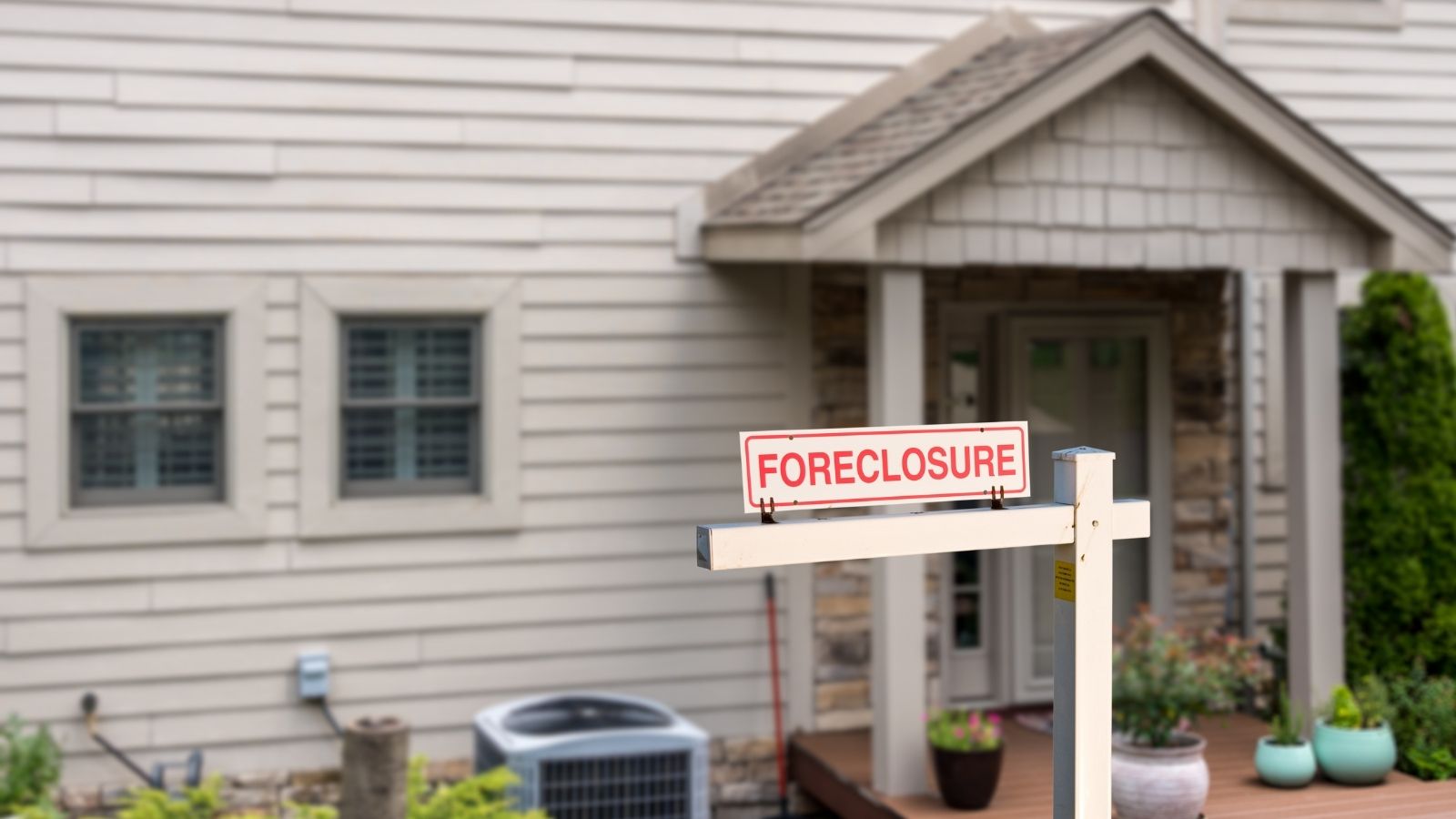Buying a home for the first time is a major milestone in life, and in the present ever-changing real estate market, first-time buyers face a range of new challenges and considerations. From the rising interest rates to the constantly changing buyer preferences, navigation of the housing market has become more complex than ever.
Below, we discuss 20 new realities that first-time homebuyers are grappling with this year, providing insights to help them make informed decisions.
Higher Interest Rates

Mortgage rates have recently increased significantly, leading to higher monthly payments and reduced affordability for homes. As a result, first-time buyers need to plan for larger budgets or consider smaller properties to stay within their means.
Low Housing Inventory

Housing markets across the country have been experiencing limited inventory, especially in affordable price ranges. This shortage, in turn, forces buyers to act quickly, and they then have to compete with others for desirable properties.
Rising Home Prices

Despite the recent stability in some markets, many areas still face year-over-year home price increases. For first-time buyers, these prices can be a massive strain if they do not have the appropriate budget.
Tougher Lending Standards

Lending standards have only increased as lenders nowadays require higher credit scores, larger down payments, and more stringent documentation, making it more difficult for first-time buyers to qualify for mortgages.
Increased Competition from Investors

The competition for properties has intensified as institutional investors and cash buyers acquire homes, especially in suburban and urban areas, reducing options for first-time buyers who are inexperienced and depend on financing.
Remote Work Influencing Market Trends

The growth of remote work has shifted demand towards suburban and rural areas, increasing prices in these regions and making them less accessible for new buyers.
Focus on Energy Efficiency

Buyers today place greater importance on energy-efficient homes because of increasing utility costs and environmental concerns. Older homes lacking these features may necessitate additional investments from first-time buyers to maintain efficiency and modern standards.
Higher Closing Costs

First-time buyers are often surprised by the closing costs, which continue to rise. These include appraisal fees, title insurance, and other charges. That’s why budgeting for these expenses is crucial so that any future cost surprises can be avoided.
Fewer Government Assistance Programs

Government assistance programs have become less viable. While they are still available for first-time buyers, some programs have been reduced or have stricter eligibility criteria, limiting the help available to navigate high costs.
Emphasis on Location Over Size

Homebuyers are focusing on properties in desirable locations, leading to increased competition and rising prices. Many are willing to compromise on size and features to achieve long-term value in reputable neighborhoods.
Technology in Homebuying

The technology involved in property buying has advanced significantly. Virtual tours, AI-powered listings, and online mortgage pre-approvals have become standard tools, making it easier for potential buyers to research homes. This progress also leads to heightened competition among buyers.
Climate Change Considerations

First-time buyers are becoming more aware of climate risks, and for good reason. Natural disasters like floods and wildfires can pose significant dangers and potentially destroy homes. This awareness influences their buying decisions and investment in insurance. Increased preference for Move-In Ready Homes
Buyers today often prefer move-in ready properties to save time and avoid the expense of renovations, especially as labor and material costs continue to rise.
Renting vs. Buying Debate

With rising mortgage rates, some first-time buyers are in a dilemma and questioning whether buying a home is the best financial decision or if renting offers more flexibility and affordability. This makes the buyer see their options and what would suit them best.
Smaller Down Payment Options

While larger down payments are typically preferred, many buyers are exploring low-down-payment options, such as FHA or VA loans, to secure a home without depleting their savings.
More Extended Time Frames to Save

First-time buyers realize that higher costs and stricter lending standards mean spending more time saving for a down payment and other expenses.
Home Inspection Challenges

In competitive housing markets, first-time buyers often waive home inspections to make their offers more appealing. While this can expedite the buying process, it poses significant risks. Hidden structural issues, outdated systems, or costly repairs may surface after purchase, potentially burdening buyers with unexpected expenses.
To mitigate this, buyers should weigh the risks carefully, consider pre-inspections, or include inspection contingencies whenever possible to safeguard their investment and ensure a home’s long-term value and safety.
HOA Restrictions and Fees

Homes governed by homeowners’ associations (HOAs) often come with mandatory fees and strict regulations. These fees, which cover amenities and maintenance, can strain a first-time buyer’s budget.
Additionally, HOAs may restrict property modifications, parking, or rental opportunities, limiting a buyer’s flexibility. Before purchasing, buyers should review HOA bylaws, assess monthly costs, and evaluate if the rules align with their lifestyle.
Shift Toward Smaller Homes

With rising home prices and affordability concerns, first-time buyers increasingly opt for smaller homes, townhouses, or condominiums. These properties often come with lower price tags and maintenance costs, making them more attainable for buyers on a budget. Smaller homes also align with changing lifestyles, emphasizing functionality over size. However, limited space may require buyers to prioritize needs and adapt creatively.
Economic Uncertainty

Economic challenges, including inflation, fluctuating interest rates, and fears of a recession, influence first-time homebuyers to exercise greater caution. Rising living costs and job market instability make saving for a down payment and managing monthly mortgage payments more daunting. Buyers prioritize financial stability, often delaying purchases to build reserves or waiting for market conditions to improve.
Conclusion

For first-time homebuyers, the aspiration of homeownership is both exciting and challenging in today’s market. The realities outlined above highlight the importance of thorough preparation, realistic expectations, and adaptability. Buyers must be well-informed to make sound decisions, whether it’s understanding the costs, leveraging new technologies, or evaluating location priorities. While these challenges are real, so are the vast opportunities waiting for those who approach the market with patience, planning, and persistence.
25 Countries Predicted to Become Economic Superpowers in the Next 20 Years

The strength of an economy plays a crucial role in various international policies about trade and relations. Certain factors determine the strength of an economy, including population growth, availability of resources, and development and advancement. Here are 25 countries predicted to become economic superpowers in the next 20 years
25 Countries Predicted to Become Economic Superpowers in the Next 20 Years
